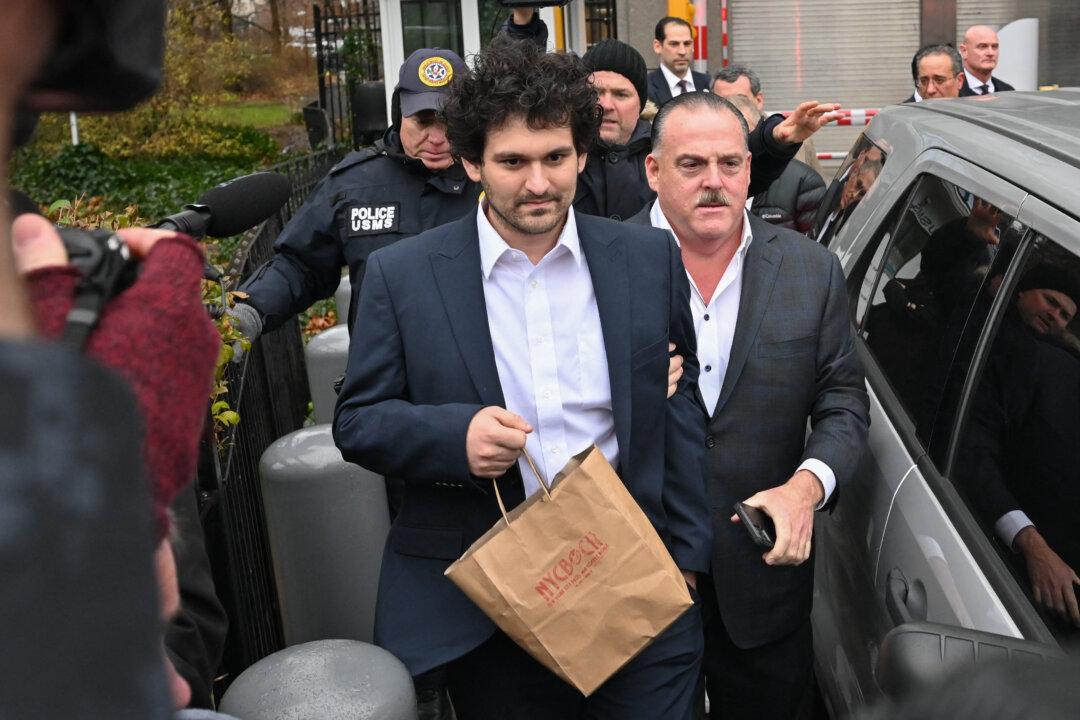A judge on Dec. 22 allowed FTX founder Sam Bankman-Fried to be released on $250 million bond and placed under house arrest at his parents’ home after his first court appearance on U.S. soil.
A federal magistrate judge, Gabriel Gorenstein, allowed Bankman-Fried to be released to his parents’ Palo Alto, California, home, after the FTX founder’s first court appearance in Manhattan. Earlier this week, the crypto exchange founder was sent from the Bahamas, where he had lived, to the United States after he agreed to extradition.





